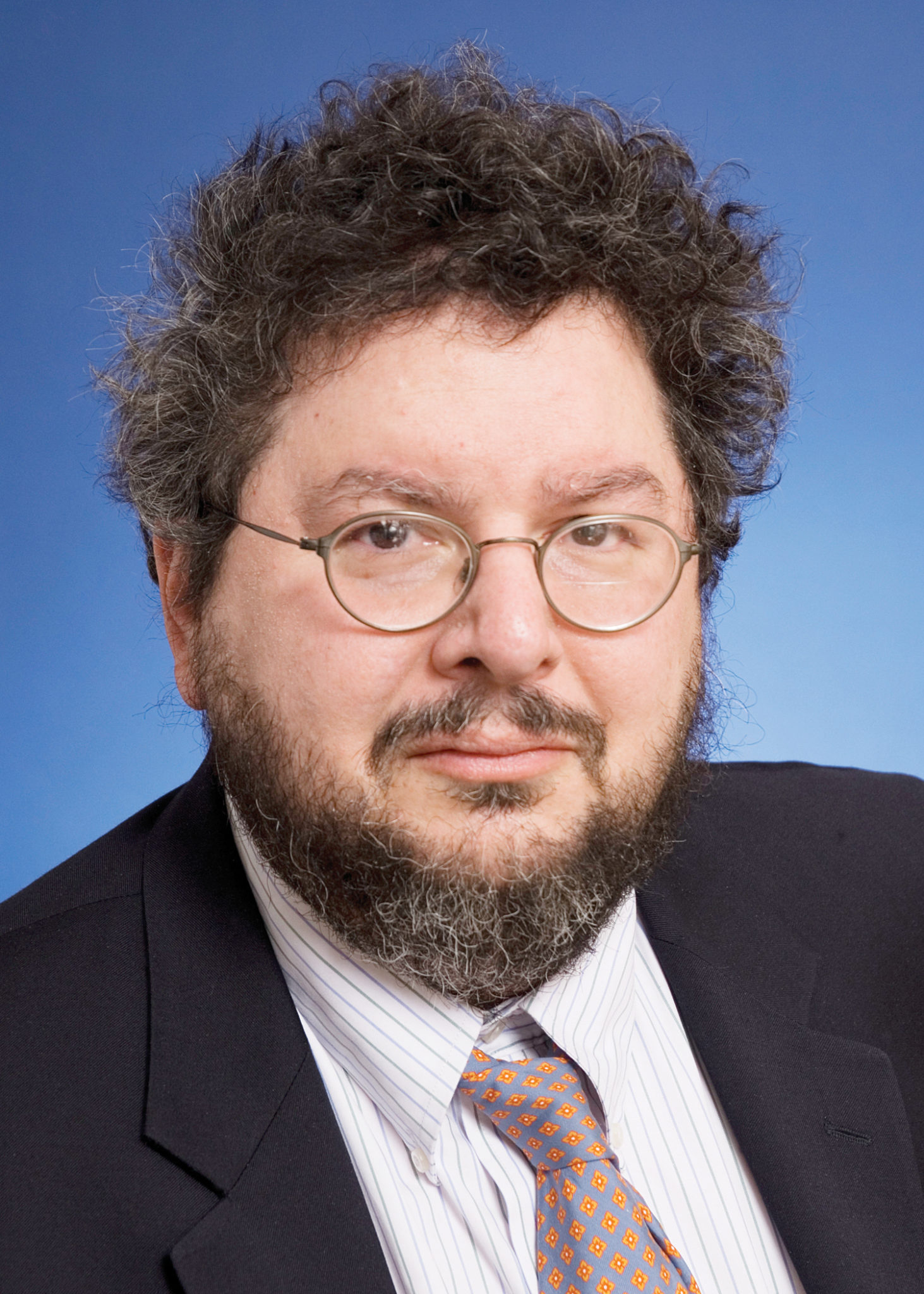
Yale University
In his opening address to the class of 2022, University President Peter Salovey urged the first years that filled Woolsey Hall to embrace their roles as “citizens of Yale” — a commonality he said they shared irrespective of nationality, religion or belief system.
“We all share Yale. No matter where you are from, or who you are, or your path to arriving here, now you are — among other things — a member of this community,” Salovey said. “You belong here. You are citizens of Yale.”
But Computer Science professor David Gelernter’s message to the class of 2022, published in a Monday evening Wall Street Journal op-ed, entitled “Ten Things They Didn’t Tell You at Freshman Orientation,” took a decidedly different tone.
Directly addressing the class of 2022 at Yale, Gelernter tells students that they are at Yale to learn how to be good citizens of the United States, not the world.
“Many of you come from Japan or Ghana or France, and we’re glad to have you,” Gelernter said. “But Yale can’t teach you to be a good Japanese citizen — we don’t know how. Nor can we teach you to be a ‘global citizen’ or ‘citizen of the world,’ because there is no such thing. The ‘globe’ has no citizens, because the globe, as such, has no art, religion, music, literature, theater, traditions, folk songs, heroes, traumas or TV stations; no tastes, fads, styles, treasures or shared experience. So you might as well learn to be good Americans for now.”
Gelernter — who has said he does not believe in man-made climate change — has been a divisive figure on campus since last year, when he met with then-President elect Donald Trump to discuss joining the administration as White House science advisor.
Much of Gelernter’s advice in the Wall Street Journal op-ed revolved around the types of classes first years should take and the information and skills they should strive to learn during their time at Yale. Gelernter wrote that Yale students, who he calls “part owners of Western civilization,” “must know the Bible and Shakespeare” — which he described as the “shared heritage of all educated Anglo-Americans.”
Early on in his piece, he urges students not to skip challenging classes — particularly physics, biology, computer science and western history — and to learn skills, such as music, writing, and languages. He later emphasizes that Yalies must learn to read French.
“Until recently, all educated writers assumed that you could, so you must,” Gelernter said. “For the past few decades, ignoramuses have argued that because children are more likely to hear Spanish on the streets than French, they should forget French and learn Spanish. But we’re not teaching street skills here. We are trying to produce cultured men and women.”
In an email to the News, Gelernter, who publishes fairly regularly in the Journal, said he was “surprised and pleased” at readers’ “strongly positive” reactions to the piece. He added that he received more responses to the Monday op-ed than he has for any piece in several years.
Gelernter said he wrote the piece “out of sadness that we do so little for the silent majority of Yale students.”
Cameron Koffman ’19, president of the conservative Buckley Program, declined to comment for the story.
In interviews with the News, five international students said they strongly disagreed with the sentiments Gelernter expressed in the column.
Sebastian Quaade ’21 said in an email that he did not understand why Gelernter turned a purported advice column to first years into “a proxy for trumpeting his white/western/American heritage, and disrespect others in return.”
Sofia Gonzalez Zapata ’21, a native Spanish speaker, said she found the fact that Gelernter called Spanish a “street skill” particularly offensive.
Gelernter assured the News that his column was “dead serious.” He added that no offense was intended, and that those have taken offense at it were being “childish, not virtuous.”
Isabel Del Toro Mijares ’20 said she disagreed that Yale is only equipped to train good U.S. citizens, since Yale has made her think deeply about what it means to be a good Mexican citizen, and the responsibility she has to use her privilege to give back to her country.
“[Yale] has made me question myself academically and personally, made me really think about the person I want to be and what I want to do, it has taught me to be kinder, more open, a better friend and colleague, it has taught me what political resistance can look like,” Del Toro Mijares said. “These are things I believe I have learned both in Yale classrooms and outside of them at the University, and these are all things I believe make us better citizens of all countries, not just the U.S.”
Adelaide Feibel | adelaide.feibel@yale.edu







